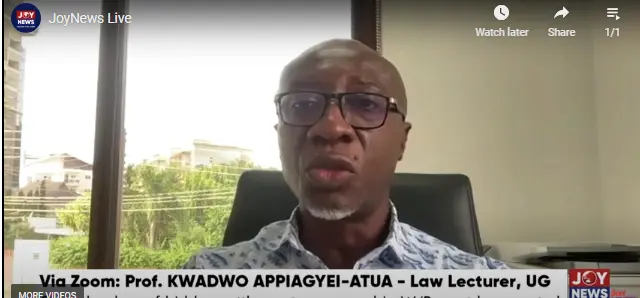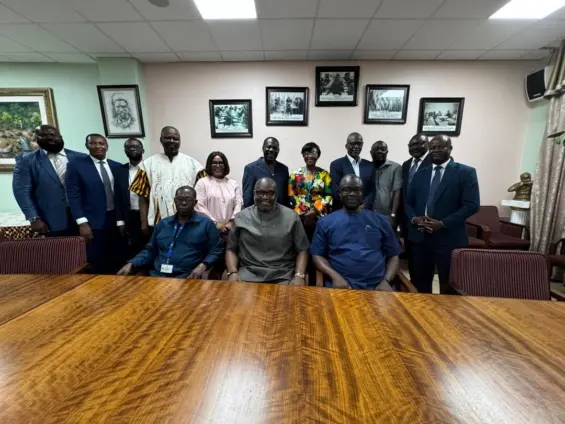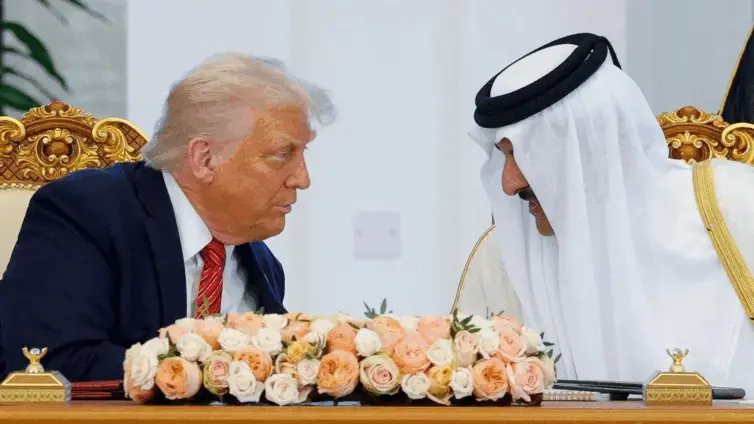For many Ghanaians, the recent stability of the Cedi has come as a welcome respite. After years of volatility, the currency’s relative calmness has sparked conversations about the underlying factors. Isaac Adongo, a Bank of Ghana Board Member, recently weighed in on the Cedi’s performance, asserting that its stability is not a matter of chance but the result of deliberate and coordinated policy. This marks a significant shift from the economic management strategies employed by the previous administration under Nana Akufo-Addo, now succeeded by President John Mahama and Finance Minister Cassiel Ato Forson, as the government seeks to guide the Cedi to its true value.
The Intentional Policy Behind Cedi Stability
Adongo emphasized that the current stability of the Cedi is far from accidental. He highlighted a coordinated approach between the Ministry of Finance and the Central Bank as a key driver of this positive trend.
“It is a complementary effort from the Ministry of Finance and the central bank,” Adongo stated. “The central bank is doing its bit, and government, under the leadership of the Finance Minister, is also doing its bit, so the two of them are collaborating.” This collaborative dynamic, he suggests, is crucial in effectively managing the economy and fostering a more stable currency environment.
Furthermore, Adongo contrasted the current administration’s approach to monetary management with that of its predecessor. He characterized the Mahama/Ato Forson leadership as demonstrating a commitment to discipline, a stark departure from what he described as the “reckless monetary management” of the Akufo-Addo era.
“The Nana Akufo-Addo era of reckless monetary management is over, and Ghanaians are now seeing what leadership with discipline looks like under President John Mahama and Finance Minister Cassiel Ato Forson,” Adongo asserted. This change in leadership, according to Adongo, signals a new era of responsible economic governance aimed at ensuring the Cedi’s stability.
“Massaging” the Cedi to Its True Level
Addressing the question of whether the Cedi’s stability has been artificially induced—a concept reminiscent of Dr. Bawumia’s past claims of “arresting” the currency—Adongo offered a pointed and somewhat sarcastic response. He dismissed the notion of an arrest, instead suggesting that the Cedi is being carefully “massaged” to find its true equilibrium.
“No, we have not arrested the cedi. The man who arrested it is out there,” Adongo quipped. “What is happening to the cedi now is that we are gradually massaging it to find its true level.” This colorful analogy implies a more nuanced and organic approach to managing the currency’s value, rather than a forceful intervention.
Beyond the technical aspects of economic policy, Adongo emphasized the importance of signaling a change in approach to the market. He suggested that the current administration is sending a clear message that a new era of economic management has begun.
“We are trying to let them know—‘Hey, we are in Ghana now. Akufo-Addo is gone. Bawumia is gone. It is now Ato Forson and John Mahama who are here. If you misbehave, we will deal with you.’ And they are beginning to say, ‘yes sir, yes sir.’ That’s what we are doing,” Adongo explained. This assertive stance, he believes, is crucial in shaping market behavior and boosting investor confidence in the Ghanaian economy.
Stability Over Unrealistic Targets
Adongo underscored the importance of prioritizing lasting macroeconomic balance over the pursuit of specific, potentially unrealistic, exchange rate targets. The focus, he argued, is on achieving a sustainable and stable economic environment that benefits all Ghanaians.
“What we are looking for is stability, not a quantum jump of the cedi from ¢15 to ¢3,” Adongo stated. “What we are doing now is to get the cedi to find the level that supports the economy.” This emphasis on stability reflects a long-term vision for the Ghanaian economy, one that prioritizes sustainable growth and resilience.
Furthermore, Adongo highlighted the broader plan to address inflation, particularly food inflation, which has been a major concern for many Ghanaian households. Tackling inflation is seen as a crucial step in providing lasting relief to citizens and ensuring a more stable economic outlook.
“This is an initial remedy to give Ghanaians some relief, whilst the fruit that we really want to bear is to tackle head-on food inflation,” Adongo explained. This comprehensive approach to economic management aims to create a more favorable environment for businesses and consumers alike.
In summary, Isaac Adongo’s remarks shed light on the deliberate policy decisions driving the Cedi’s recent stability. He emphasized the coordinated efforts between the Ministry of Finance and the Central Bank, the commitment to disciplined monetary management, and the focus on achieving long-term macroeconomic balance. According to Adongo, the Cedi is being carefully guided to its true, sustainable value through these coordinated efforts and disciplined management. This signals a positive outlook for the Cedi value and the Ghanaian economy under the new policy direction.
Image Source: MYJOYONLINE






















